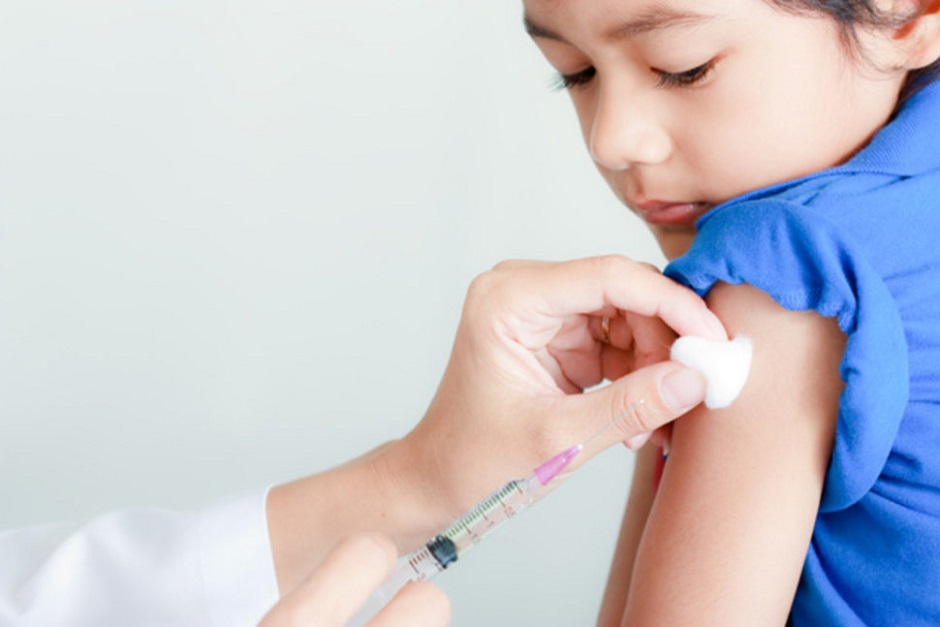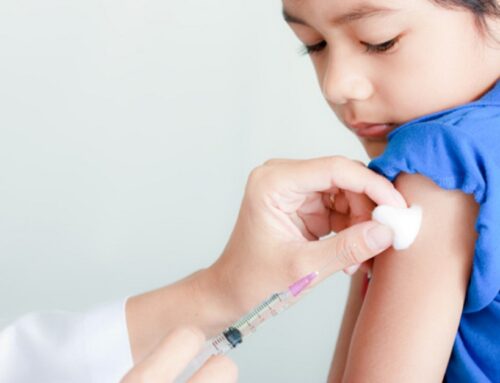Coping With Flu Season: What Should We Know?
Influenza is an infection of the upper and lower respiratory tract, including the lungs, caused by a different kind of influenza virus.
Influenza is a disease that usually causes mild flu symptoms lasting a few days but it can be complicated than that. Sometimes, it could be serious and even cause death in children and adults.
The flu virus starts circulating in our areas normally in early autumn and lasts upto spring. We can not deny that as pediatricians, we never found cases of influenza from early September to sometimes as late as May such as last year. For this reason it is so important to get protected against the influenza virus.
Influenza virus is transmitted by:
- Contact from one person to another person
- Through sneezing or coughing up in a conversation
- By touching contaminated objects
Transmission occurs through saliva particles which are contaminated by the virus. They spread through the air and get deposited in different places.
How can we prevent the spread of influenza virus
- Avoid contact with people/children, sick from the flu
- When you or your child have symptoms of flu, do your best to not be in contact with other people until 24 hours after fever disappear, unless you have to seek medical attention
- Teach children to cover their nose and mouth when sneezing or coughing
- Wash hands with soap and water
- Avoid touching your face as much as you can
- Clean and disinfect toys
- Last but most important is to get vaccinated against influenza
What should you know about the flu shot
- It is prepared annually depending on the type of influenza virus found in the environment.
- You and your child should get influenza shots at the beginning of the season as its intensity decreases with time.
- It should be administered starting at 6 months of age.
- Normally two doses are enough for children aged 6 months to 8 years, and have a gap of one month if its their first time to receive these shots.
- Children under 3 years are immunocompromised. They are at greater risk of having a serious reaction to influenza vaccine.
-Dr. Denise Núñez is a pediatrician and founder of the Niño de la Caridad Foundation in the Bronx.






